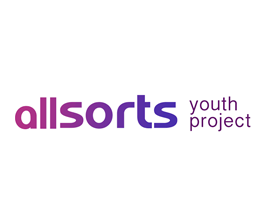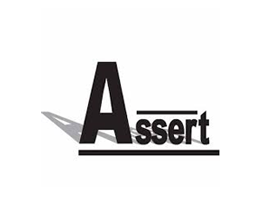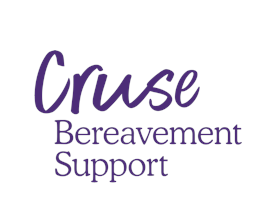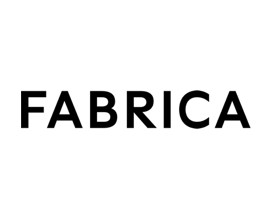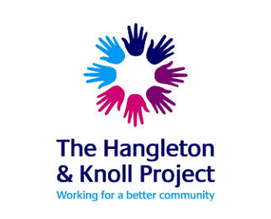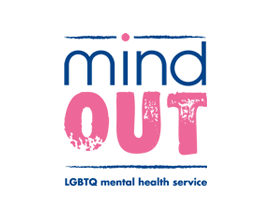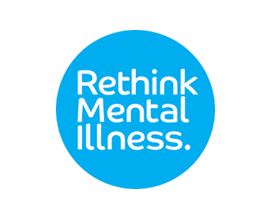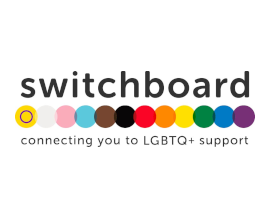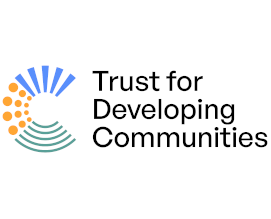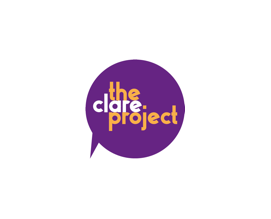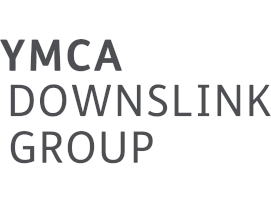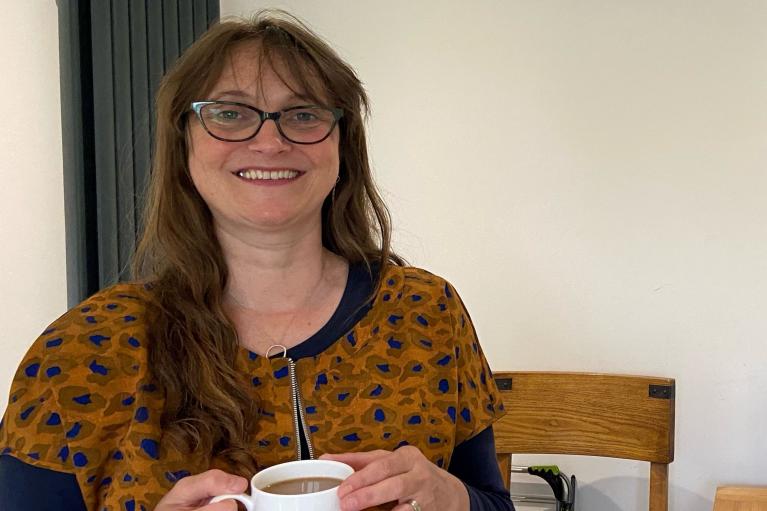
Mental Health Support Coordinator, Nicky, tells us how she supports other women to feel empowered to achieve their own goals. She also talks about her experience with juggling work, home schooling and managing her own mental health throughout the pandemic...
“My name is Nicky and I’m a Mental Health Support Coordinator (MHSC) at Brighton Women’s Centre as part of the Mental Health Support Coordinator Service provided by Southdown.
Brighton Women’s Centre has been around for over 40 years and is a charitable organisation which supports self-identifying women from all backgrounds and facing all types of issues to live happier and safer lives.
As a Mental Health Support Coordinator, I support women with multiple complex needs such as a history of trauma, a dual diagnosis of mental health and substance misuse issues, housing needs, issues around benefits, debts and poverty needs, those who’ve been involved with the criminal justice system, and those who have experienced, or may be experiencing, domestic abuse.
We look holistically at any issues they are experiencing and together we set goals aimed at reducing social isolation and loneliness and connecting them to the appropriate services. We liaise with other professionals in the Primary and Secondary Clinical Services – for example, GPs, Psychologists, Community Mental Health Teams, Housing, Citizens Advice Bureaux, and Possability People - to ensure that clients feel heard and are able to get their needs met, however complex their situation.
Clients come to us after they have been referred to the amazing Central Access Point (CAP) team where a Southdown worker will discuss their situation and complete a mini-assessment of their current needs. Many of my female clients have self-referred and reached out for help after discussion with another professional such as a GP or Oasis keyworker.
The Mental Health Support Coordinator Service also aims to holistically support families and so we can offer advice, guidance, and information to a client’s family, carers, and significant others too.
Women who access Brighton Women’s Centre have often suffered trauma. They can struggle to engage with professionals at times of stress due to their trauma response and other complex mental health issues. They need to feel safe, valued, and for their voices to feel heard.
Some women are experiencing homelessness or living in insecure housing; have physical health issues with pain and lack of mobility; or are struggling with poverty and how to manage their finances. Often I advocate for clients with the council around housing issues, with GPs around physical health issues, and with clinical services around mental health issues. I support clients to complete forms, apply for benefits, courses, and link them to services for financial support and advice, domestic abuse, and sexual violence.
I try to develop, maintain, and sustain a relationship with women who often have little or no trust in professionals through active listening, non-judgemental support, and a trauma-informed and gender responsive approach to their situation.
We are committed to providing a trauma-informed and gender responsive approach to our women which also takes account of equality and diversity. Each staff member attends monthly clinical supervision with an external therapist where we can safely reflect on our own practice and explore any issues we may be having within work.
At the beginning of the pandemic, it was extremely hard to reassure women that my support was still there as it was suddenly being provided remotely and not face-to-face. Previously, women were able to attend drop-in groups to ask for support and meet other women.
Our clients reported feeling high increases in anxiety levels and a fear of being forgotten or abandoned when lockdown happened. However, they soon appeared more grounded and less overwhelmed with a regular remote session and a consistent time and day to touch base. Continuing with our regular sessions allowed them to check in about Covid-19, discuss their concerns, and look at practical issues such as a lack of money, food, and childcare support.
I have been working from home since March 2020. Initially I found it took me a while to adjust to working remotely. I missed seeing my clients face-to-face and was scared. I also had to share home schooling my six year old son. At times it has felt isolating and exhausting but Brighton Women’s Centre has been incredibly supportive and quickly provided any emotional, and practical support that we required to carry out our roles effectively.
The second lockdown had a negative impact on my mental health and I sought out my own therapy to support my low mood and feelings of hopelessness. I missed my family and physical contact. As time has gone on I have developed much more understanding of my own triggers and self-care needs, and stronger relationships with colleagues, growing a deeper level of understanding of their own roles.
Brighton Women’s Centre has been flexible and responsive to our needs and tried to ensure that we felt appreciated and supported throughout the last year and a half. We have virtual coffee mornings twice a week to allow a non-work based catch up and a release and reset session every Tuesday where we combine cathartic movement, breath work and meditation.
At this stage in the pandemic my clients are struggling less with the practical issues that were so vital a year ago, such as needing to be linked to food banks and helplines as most have this access now. Their struggle now seems to be more with the long-term impact of trauma linked to issues such as bereavement, domestic abuse, historical abuse, or sexual violence which has then resulted in chronic and enduring mental health issues.
These issues are having a huge impact on their lives and ability to carry out vital tasks such as getting their children to school or home schooling them during the lockdowns, attending remote appointments to have their mental or physical health needs assessed, and to successfully communicate their physical and emotional needs to GPs and other professionals.
Their mental health issues are often undiagnosed which is very frightening for them and increases their sense of loneliness, fear, and isolation. Many clients have been suffering from such high levels of anxiety and depression that they have struggled to carry out basic care tasks such as washing and showering.
At Brighton Women’s Centre the aim of our work is to ensure that women remain the experts in their own journeys and that they feel empowered to achieve their own goals through small incremental steps. Our support can help change lives.”
The Mental Health Support Coordinator Service works in close partnership with Primary and Secondary Clinical Services and other key providers in Brighton and Hove to ensure integrated pathways for people accessing support. Mental Health Support Coordinators work with people who have multiple issues in their lives as well as mental health conditions.
The Brighton Women’s Centre (BWC) supports women from all backgrounds, facing all kinds of issues, to live happier lives. The charity provides a variety of services and a safe, women-only space for women dealing with bereavement or trauma, women who have been through homelessness or the criminal justice system, survivors of abuse or discrimination.

